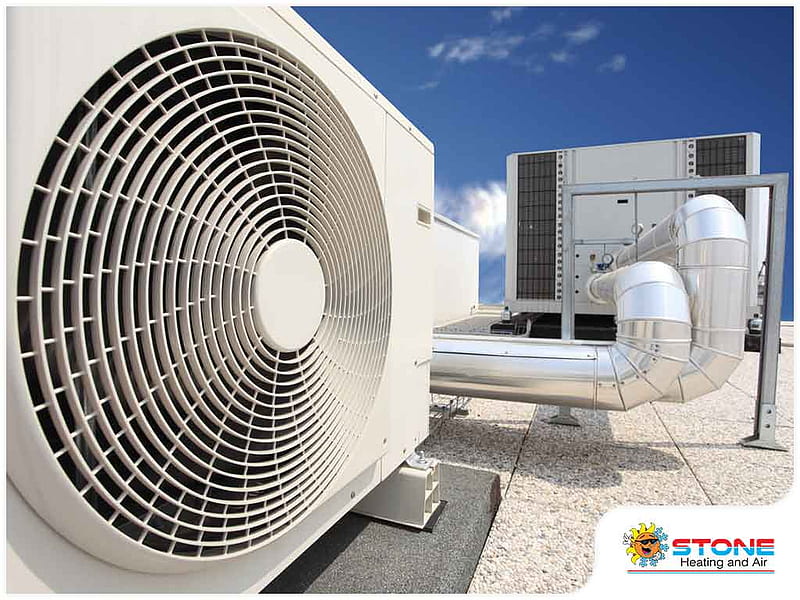Mastering Comfort: The Art and Science of Heating and Air Conditioning
Mastering Comfort: The Art and Science of Heating and Air Conditioning
Blog Article

Heating and air conditioning play a crucial role in shaping our indoor environments, influencing not only our comfort but also our health and well-being. As we navigate through the changing seasons, understanding the intricacies of temperature control becomes essential. The ability to cultivate a welcoming atmosphere at home or in our workplaces hinges on effectively managing climate conditions, making the mastery of heating and air conditioning an art form as much as it is a science.
Delving into the world of climate control reveals a fascinating blend of technology and design. From traditional heating systems that have warmed our homes for generations to advanced air conditioning units that cool us during sweltering summer days, each component is engineered to enhance our living experience. By exploring the mechanisms behind these systems, we can not only appreciate their function but also learn how to optimize them for energy efficiency and comfort, ultimately transforming how we interact with our living spaces.
Understanding HVAC Systems
Heating, ventilation, and air conditioning, commonly referred to as HVAC, is an essential component of modern building environments. HVAC systems are designed to provide comfort by regulating indoor temperature, humidity, and air quality. They work by leveraging the principles of thermodynamics and fluid dynamics, ensuring that spaces are heated or cooled efficiently according to the preferences of occupants.
At the heart of HVAC systems are various components each serving a specific function. Heating elements, such as furnaces and heat pumps, raise indoor temperatures during colder months, while air conditioning units and chillers provide cooling in warmer seasons. The ventilation aspect introduces fresh air to enhance air quality and is crucial for preventing the buildup of indoor pollutants. Together, these elements create a balanced environment that promotes comfort and health.
Understanding your specific heating and air conditioning needs is vital for effective system installation and maintenance. Factors such as the size of the space, insulation quality, and regional climate influence how HVAC systems should be designed and operated. Being informed about these aspects can help homeowners and facility managers make better decisions regarding energy efficiency and long-term comfort.
The Importance of Proper Insulation
Proper insulation is crucial for effective heating and air conditioning, as it helps maintain the desired indoor temperature by reducing heat transfer. In the winter, insulation prevents warm air from escaping, while in the summer, it keeps the heat out. This efficiency not only enhances comfort but also decreases the amount of energy necessary for heating and cooling systems to operate, ultimately lowering utility bills.
Furthermore, adequate insulation plays a significant role in maintaining consistent indoor humidity levels. A well-insulated home can prevent moisture-related issues, including mold growth and structural damage. This not only protects your home but also contributes to a healthier living environment. When the insulation is lacking, heating and air conditioning systems must work harder to compensate for the temperature fluctuations, leading to increased wear and tear.
Lastly, proper insulation contributes to the overall sustainability of a home. By minimizing energy consumption and reducing reliance on heating and air conditioning, homeowners can decrease their carbon footprint. Investing in quality insulation can lead to long-term benefits, including improved energy efficiency, comfort, and environmental impact, emphasizing the importance of addressing insulation in any discussion about heating and air conditioning systems.
Energy Efficiency Tips for Homeowners
To enhance energy efficiency in heating and air conditioning, regular maintenance is crucial. Homeowners should schedule annual inspections for their HVAC systems to ensure they are running optimally. This includes cleaning or replacing air filters, checking for leaks in ductwork, and ensuring that all components are functioning correctly. By keeping the system well-maintained, you can avoid unnecessary energy consumption and prolong the life of your equipment.
Top-Rated Residential HVAC Services
Another effective strategy is to optimize your thermostat settings. Utilizing a programmable thermostat can significantly reduce energy usage by allowing you to set specific temperatures for different times of the day. Lowering the temperature in winter while you are away or at night can lead to substantial savings, while raising the temperature in summer can also help to decrease cooling costs. Make sure to adjust the settings according to your lifestyle patterns to maximize efficiency.
Lastly, consider improving your home's insulation and sealing any drafts. Proper insulation helps to maintain the desired temperature by reducing the workload on your heating and air conditioning systems. Check for gaps around windows, doors, and other areas where air may escape. Using weather stripping or caulking can create a tighter seal. Additionally, adding insulation to attics and walls will enhance comfort and efficiency, resulting in lower energy bills throughout the year.
Report this page